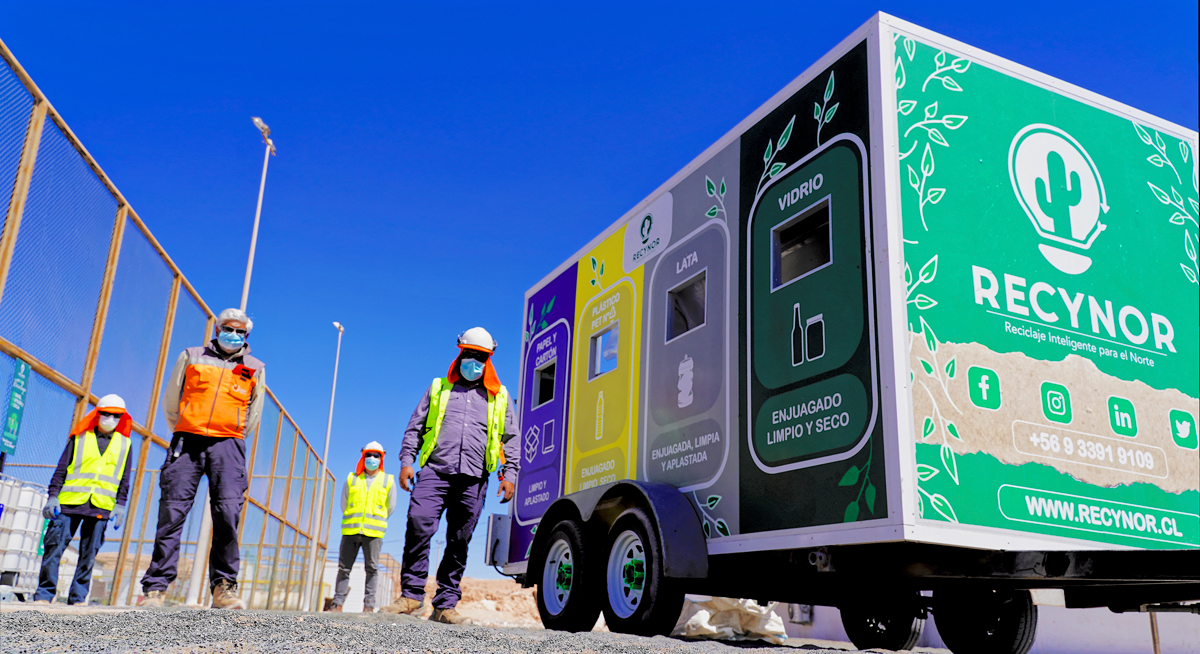News
SQM Moves Forward on Clean Production Agreement Commitment to Optimize Waste Management

For the past two years, the company has been collaborating with 26 other Acción Empresas member companies to implement actions and work toward goals in line with its Corporate Sustainability Plan and its aspiration of achieving carbon neutrality.
In accordance with its commitment to sustainability and collaboration, SQM is part of the second Clean Production Agreement (CPA) “Transition Towards Circular Economy,” a public-private agreement led by Acción Empresas and promoted by the Agency for Sustainability and Climate Change (ASCC), which seeks to create learning opportunities to accelerate services and production workflows that enable circularity in industry.
This initiative is in line with SQM’s Sustainability Plan, which has three action areas: “Contribution to Sustainable Industries,” “Our People” and “Our Environment”. Based on this plan, the organization has set medium- and long-term goals regarding water, carbon neutrality, waste management, ecosystem protection and co-creating value with communities.
Javier Silva, Sustainability and Community Engagement Manager for SQM Salar, explains the company’s initiatives in the ‘Our Environment’ action area: “We have set out to create a Corporate Waste Management System to promote and strengthen a culture of circularity in our company. To this end, we have joined this CPA. Through the agreement, we seek to reduce the amount of waste sent to landfills by generating less waste at our operations and boosting reuse and recycling once a given product reaches the end of the cycle.”
To make strides toward efficient waste management, SQM is already moving forward on initiatives such as reusing pallets and tires, conducting a recycling campaign for domestic waste at Nueva Victoria, installing recycling centers and training personnel in Tocopilla and María Elena, recycling bottle caps to manufacture bricks in Pedro de Valdivia and implementing recycling projects in Coya Sur, Salar de Atacama. This is in addition to an electronics recycling campaign in Santiago.
As disclosed in SQM’s most recent Sustainability Report, 93% of the hazardous and non-hazardous industrial waste generated last year at its production facilities was sent off-site for final disposal using authorized transport, while the rest was recycled or used to generate energy. The report also states that SQM did not generate any hazardous waste during that period that was disposed of or treated internationally, and that 46% less hazardous waste was generated as compared to the prior year.
